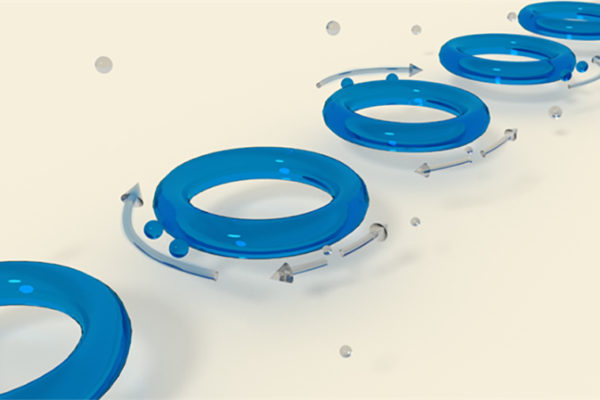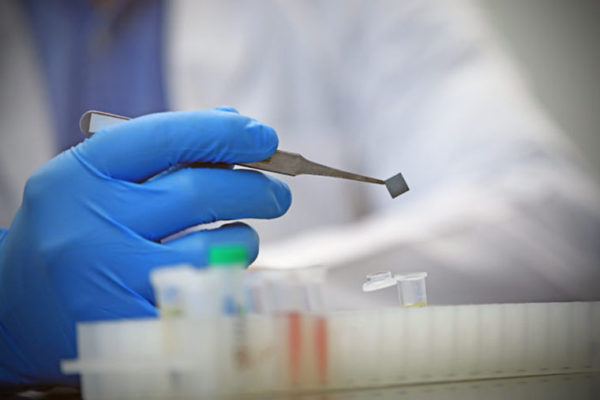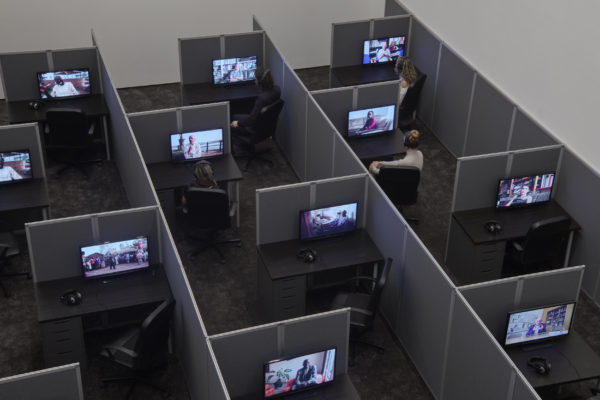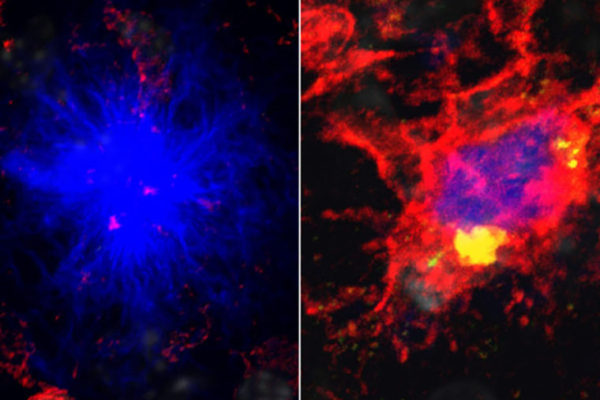Engineers find better way to detect nanoparticles
An engineering team at Washington University in St. Louis has made major strides recently in the study and manipulation of light. The team’s most recent discovery of the sensing capability of microresonators could have impacts in the creation of biomedical devices, electronics and biohazard detection devices.
Who Knew WashU? 8.8.17
Question: Spring and summer are a key time to enjoy the Elizabeth Gray Danforth Butterfly Garden. Which university group developed the garden in 1996 and maintains it today?
Engineers work to fight pollution at home, globally
A group of Washington University aerosol scientists, engineers and administrators traveled to Asia this summer to address some of the important problems related to energy, environment and health that we face today. Here, four engineering faculty share their takeaways.
Bar talk
Co-hosted by Elizabeth Haswell, associate professor of biology in Arts & Sciences at Washington University in St. Louis, Taproot is a new podcast that takes listeners behind the the curtain to reveal what it was really like to do the work so opaquely described in journal articles.
Kemper Art Museum closed until Aug. 21
The Kemper Art Museum is temporarily closed for installation and building maintenance. The museum will reopen Monday, Aug. 21.
University College launches tuition assistance program for surrounding cities, districts
University College, the professional and continuing education division of Arts & Sciences at Washington University in St. Louis, is now offering a 50 percent discount to full-time employees of St. Louis, Clayton and University City and their school districts. Charter school employees also are eligible.
Crank the AC, cut in-car pollution
After conducting a new research approach using actual commutes, a group of engineers at Washington University in St. Louis discovered a simple shift in driving habits can help to reduce exposure to pollutants while out on the road.
Test uses nanotechnology to quickly diagnose Zika virus
Washington University in St. Louis researchers have developed a test that quickly detects the presence of Zika virus in blood.
‘Kader Attia: Reason’s Oxymorons’
What is the nature of the self? How do conceptions differ in Western and non-Western cultures? Can individual and collective traumas ever be “fixed,” or do certain wounds defy the notion of repair? In “Reason’s Oxymorons,” French-Algerian artist Kader Attia surveys how different cultures, societies and disciplines grapple with questions of loss and damage.
Alzheimer’s risk linked to energy shortage in brain’s immune cells
A new study from the School of Medicineshows that mutations in the gene TREM2 cause an energy shortage in the brain’s immune cells, leading to their failure to protect neurons from damaging clumps of protein.
View More Stories









